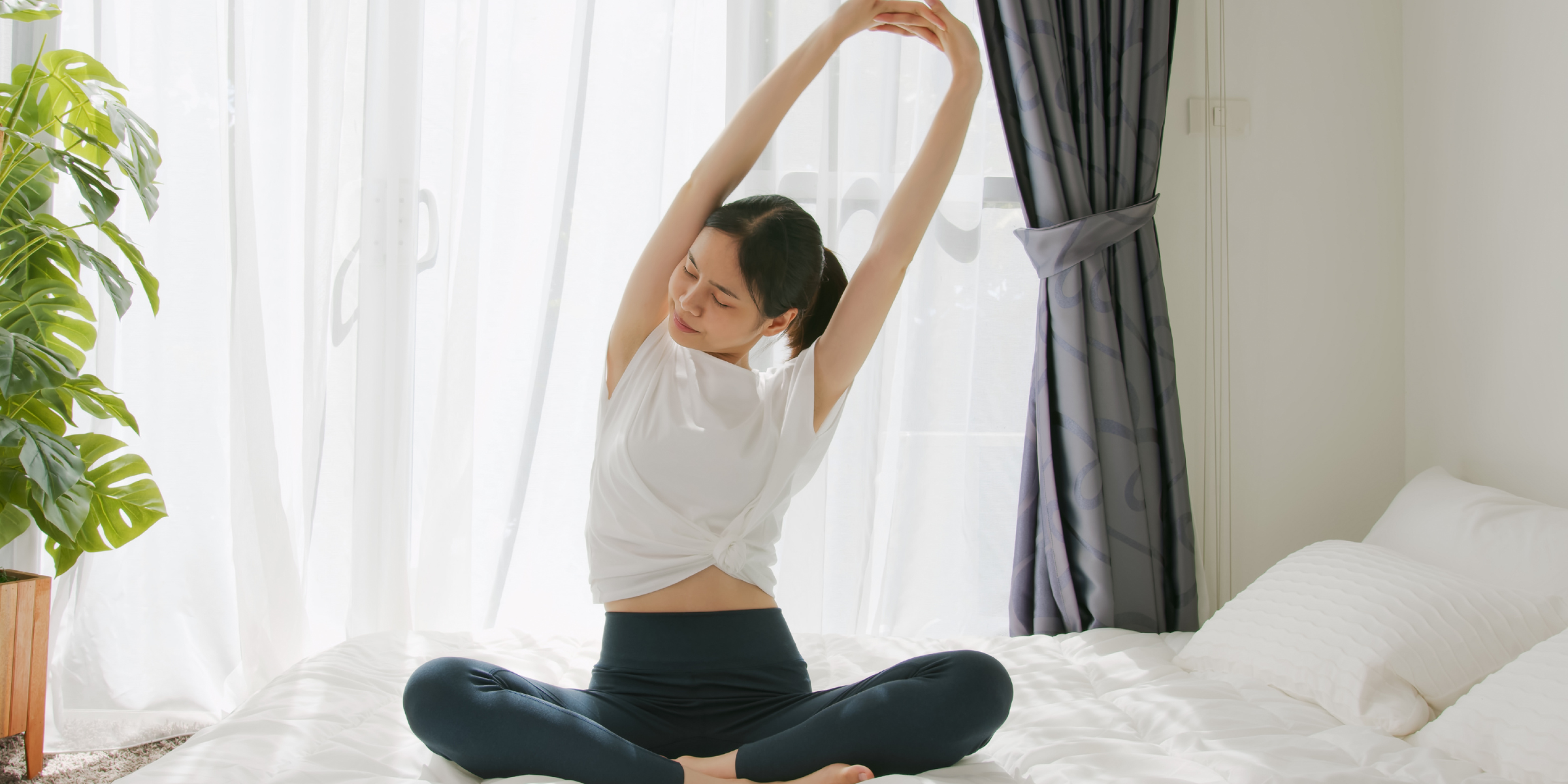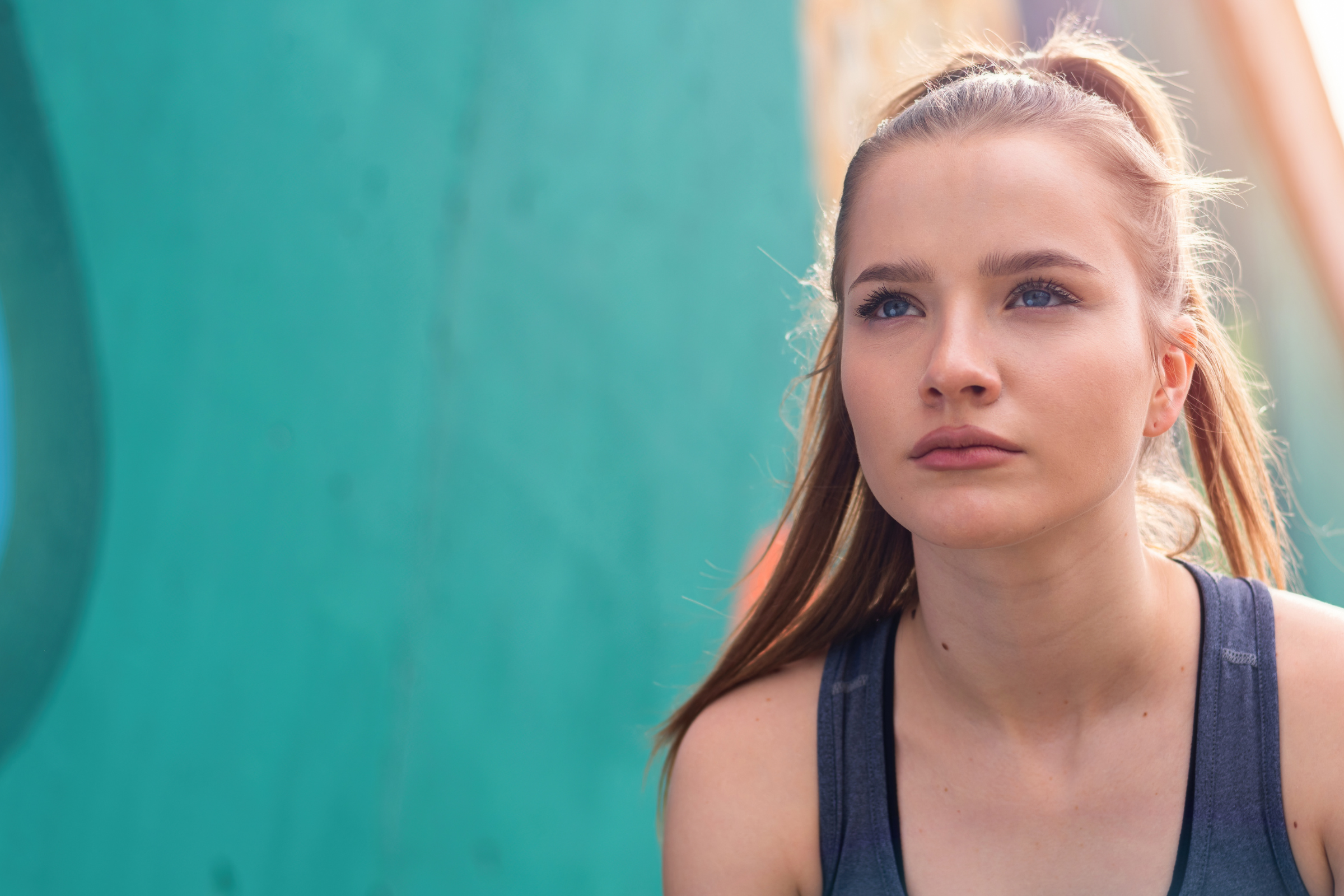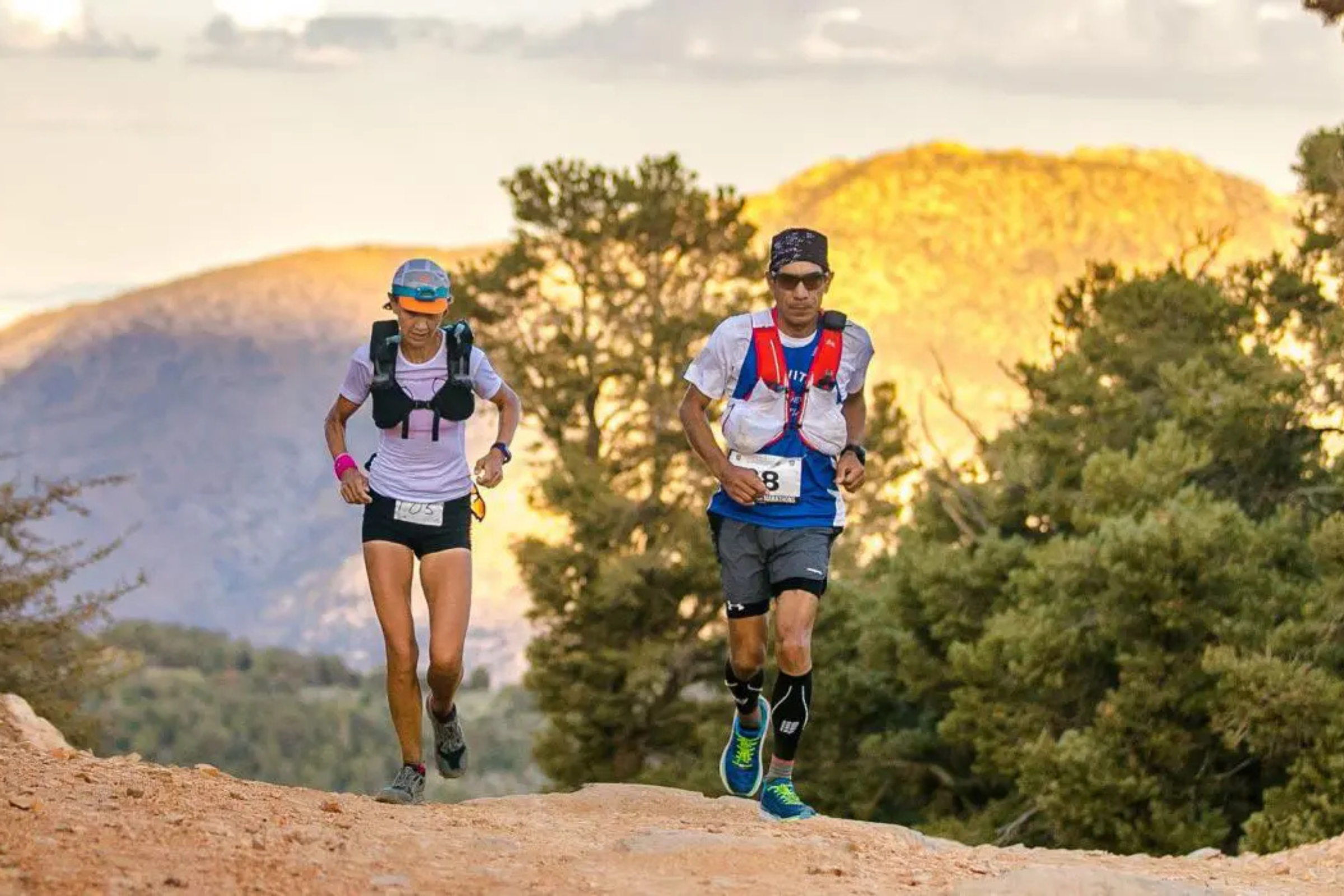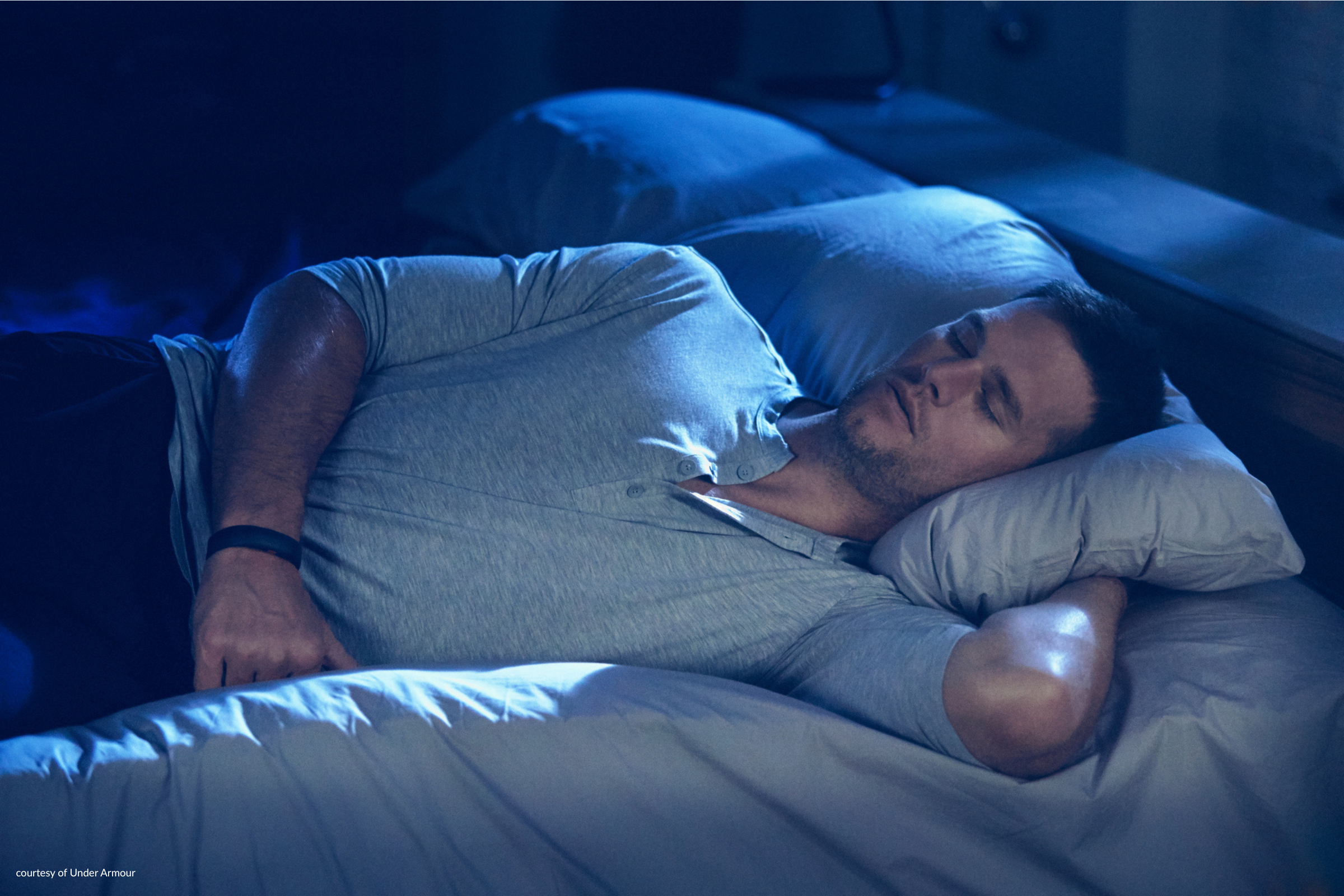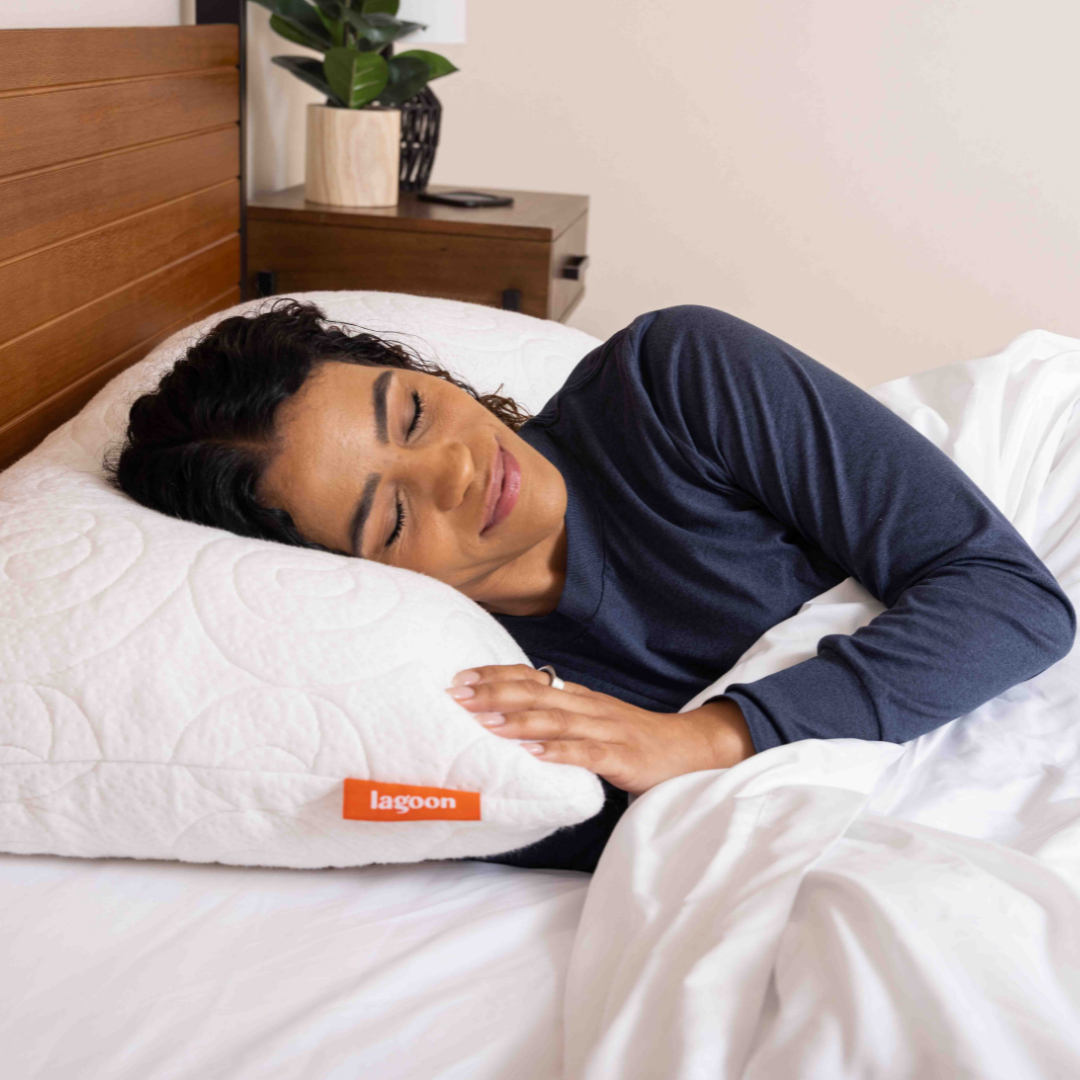Hey packlings 👋
What’s the “bad” carb that’s actually good for your sleep? And guess what we learned from the Mega Sleep Study that Samsung just released? We’ve got all the hot topics covered in this week’s edition of sleep & fitness news. Let’s get into it…
🍚 The ‘Bad’ Carb That’s Good for Your Zzz’s
Looking for that late night snack that might actually help you catch some quality sleep? Well according to EatingWell, you might want to consider eating more rice before bed. Yes, you heard it right. Despite rice often getting a bad rap as an unhealthy carb, it turns out it's actually a bit of a sleep superhero. Rice has been shown to actually help boost your melatonin levels (that handy hormone that helps regulate our sleep), and it’s also packed with magnesium (which is great for calming your nerves and getting your brain ready for sleep). Studies have shown that people who include rice in their diet tend to have better sleep quality. Plus, let's not forget, rice is super easy on the wallet and versatile in the kitchen. You can even mix it up with other sleep-friendly foods like cherries or nuts for an extra snooze-inducing punch.
🧬 How the World Sleeps – Insights from Samsung's Mega Study
The "Samsung Global Sleep Study" revealed that despite increased awareness of the importance of sleep, many people may not be sleeping as well as they think. The study analyzed 719 million nights of sleep data and found several key areas where sleep quality needs improvement. Notably, the average global sleep duration recorded was just under 7 hours, falling short of the National Sleep Foundation's recommended 7 to 9 hours. Furthermore, the study showed frequent middle-of-the-night awakenings among users, leading to decreased sleep efficiency. Regionally, North America exhibited the most substantial decline in sleep efficiency, in contrast to Asia.
Overall, the study underscores the need for a more concerted effort to improve sleep habits globally. Dr. Jacqueline Geer, MD, an Instructor of Medicine at Yale School of Medicine emphasized the importance of consistency in sleep routines and making gradual, minor adjustments rather than drastic changes. She suggested strategies like winding down before bed, getting in bed when sleepy, and maintaining a consistent wake-up time.
🚴♀️ Is Ultra-Racing Taking Sleep Deprivation to Dangerous Levels
Pro cyclist Lachlan Morton totally changed the game on ultra racing, when he decided to actually sleep during these insane races, like the 4,298km Tour Divide. Most racers have historically pushed through without much rest, but Morton took a different approach, by sleeping around six hours each night - and he still won! It’s a new twist in the debate in the cycling community about how much suffering is too much. Another cyclist, Gail Brownfinds, points out that this narrative of suffering and sleep deprivation in ultra-cycling is quite troubling - arguing that taking care of yourself, like prioritizing sleep, isn't a sign of weakness but actually smart racing. However, different riders have different strategies. Like Donnie Campbell, who can go 48 hours without sleep, but acknowledges it's about knowing your limits. The moral of the story - the real focus should be on enjoying the experience and finishing strong, not just pushing through pain and sleeplessness.
⌚️ New Apple Watch to Help Monitor Sleep Apnea & Blood Pressure
Apple is reportedly planning to introduce a range of health-related features and services in the next iteration of the Apple Watch. These new additions include a blood pressure sensor, a system for detecting sleep apnea, and a paid health coaching service, potentially opening a new stream of recurring subscription revenue for Apple. The proposed health coaching service is aimed at recommending workouts and eating plans, likely integrated with Apple's existing Fitness+ app. This move is seen as a way for Apple to bolster its services business, which is already its second-largest revenue stream, generating $19.6 billion in the third quarter and growing by 12% year over year.
The new Apple Watch will reportedly have the capability to monitor breathing and sleeping patterns to detect signs of sleep apnea, a condition characterized by pauses in breathing during sleep. If potential sleep apnea is detected, the device will suggest consulting a doctor. This development reflects Apple's growing focus on health and wellness technologies, positioning the Apple Watch not just as a smart device, but also as a tool for proactive health management.
😫 The Surprising Link Between Insomnia and Increased Pain
Insomnia's more than just a nuisance—it can actually amplify pain too. A recent study unveils that a drop in a specific brain neurotransmitter, N-arachidonoyl dopamine (NADA) when you lose sleep is linked with increased pain sensitivity. While unfortunately it feels like chronic pain and sleep issues are partners in crime, there's hope on the horizon. That’s because this new insight can lead to better treatments, as we try to break this cycle with traditional painkillers. Bottom line: Even though it appears that poor sleep can escalate pain, understanding this connection is a big step towards innovative solutions. So, maybe soon, we'll say goodbye to those pain-filled, sleepless nights!
That's it for this week's sleep news highlights. Stay tuned for more exciting updates on optimizing your sleep and health, and remember to follow @lagoonsleep on Instagram for your daily dose.



